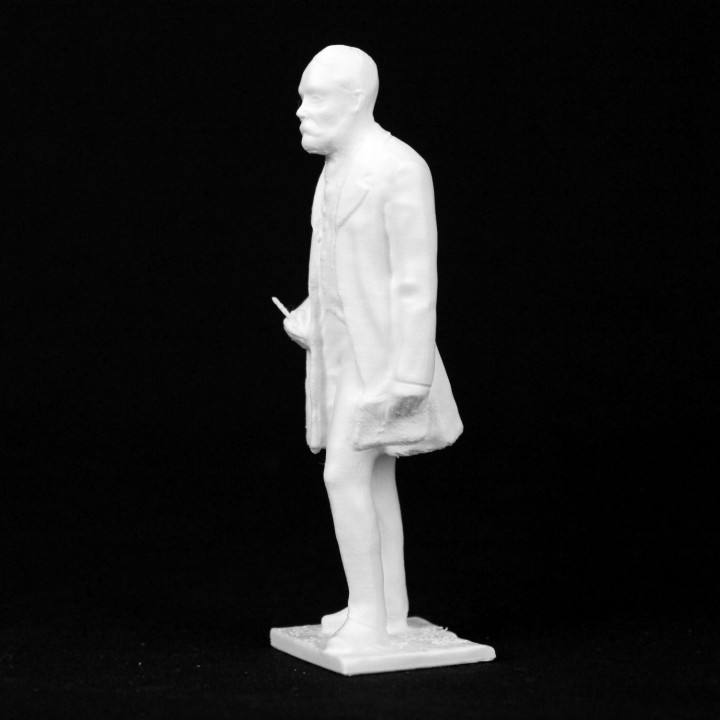
Joao de Deus at The Gardens of Estrela, Portugal
myminifactory
João de Deus Ramos was born on March 8, 1830, and passed away on January 11, 1896. He is widely regarded as one of the most renowned Portuguese poets of his generation, rivaling the likes of Camões and Garrett in terms of popularity and admiration. Despite being largely indifferent to public opinion and personal fame, João de Deus' works have been extensively read and studied across the globe. He was not responsible for any published editions of his poems, which were compiled by devoted but misinformed enthusiasts who attributed verses to him that he never wrote. Ramos rarely kept copies of his compositions and often relied on others to transcribe them. His lack of intellectual force, philosophical doctrine, and limited thematic scope are notable characteristics of his work, as is his tendency to mar fine poems with careless rhymes or misplaced accents. Even when given the opportunity to revise a set of proofs, Ramos' alterations were largely for the worse. Nonetheless, despite his limitations, João de Deus remains an iconic figure in Portuguese literature, closely tied to the legacy of Camões. While he may not have possessed the same level of intellectual force as his predecessor, Ramos was deeply influenced by Camões' lyrical and sonnet style, which emphasized tenderness and passion. Braga identified five distinct stages in João de Deus' artistic development: the imitative, idyllic, lyric, pessimistic, and devout phases. Each of these periods encompasses a wealth of interesting material, particularly for contemporaries who have experienced similar emotional journeys. Notably, his works "Caturras" and "Gaspar" showcase his wit, rivaled only by Bocage's more coarse and impious compositions. However, it is as a love poet that João de Deus will continue to captivate readers across generations, with his elegiac melodies in "Rachel," "ma," and "Adeus" standing out for their simplicity and timelessness. His tender and sincere songs, such as "Meu casto lírio," "Lágrima celeste," and "Descale," are marked by a large and vital simplicity that endures. João de Deus' greatest strength lies in his ability to convey exquisite sweetness and reverent purity without ever succumbing to sentimentality. Despite being surrounded by the temptation of virtuosity, Ramos resisted the urge for display, instead opting for an unstudied simplicity that has withstood the test of time. His music is delicate yet powerful, setting emotion to a score that is unmatched in its delicacy. Had he possessed the gift of selection and continued to hone his poetic craft, there is little doubt that João de Deus could have reached even greater heights. This object is part of "Scan The World," a community-driven initiative dedicated to creating a digital archive of fully 3D printable sculptures, artworks, and landmarks for public access. If you have items of interest and would like to contribute, email stw@myminifactory.com to find out how you can help.
With this file you will be able to print Joao de Deus at The Gardens of Estrela, Portugal with your 3D printer. Click on the button and save the file on your computer to work, edit or customize your design. You can also find more 3D designs for printers on Joao de Deus at The Gardens of Estrela, Portugal.
